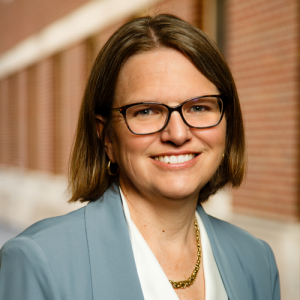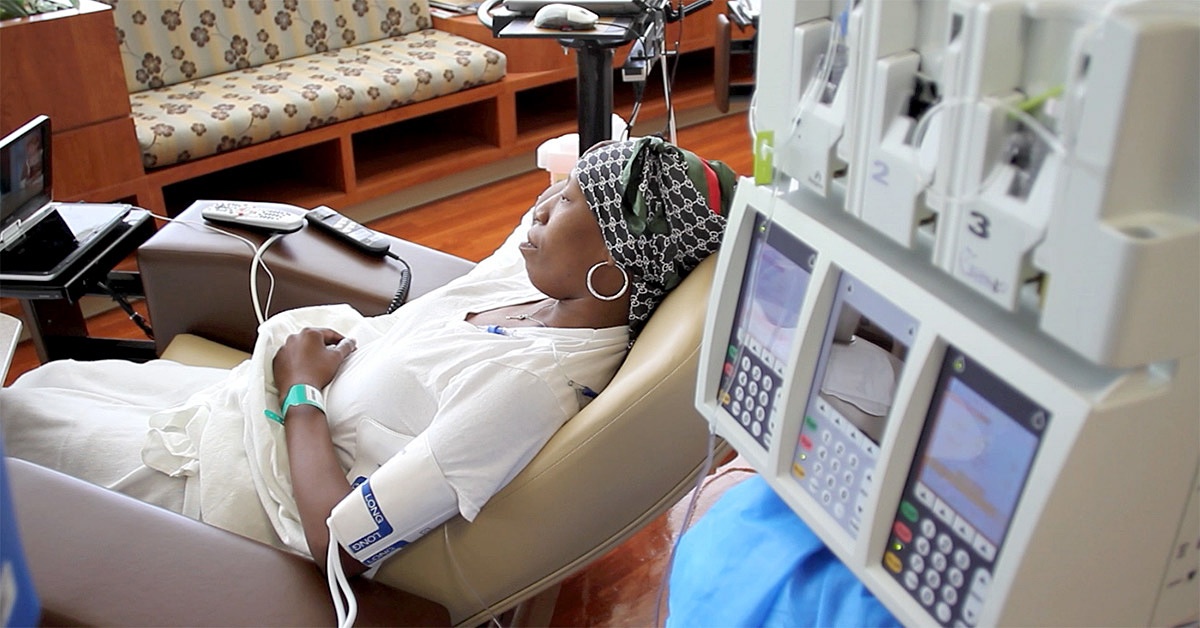As the COVID-19 pandemic continues to surge across the U.S., hospitals and other healthcare facilities with limited resources may need to begin rationing care.

For many years, states have had contingency plans drawn up, called crisis standards of care (CSCs), that outline who is to receive priority care in times of emergency. School of Public Health Professor Beth Virnig thinks many CSCs were never written with a global pandemic in mind and may mistakenly limit or bar care for cancer patients. Virnig shared her views in an editorial she recently co-authored with Associate Professor Sayeh Nikpay in JAMA Oncology.
CSCs were created to use when healthcare systems are overwhelmed by a significant public health event that makes it impossible for them to provide the normal “standard” level of care to all patients. CSCs detail general guidelines for deciding who receives care based on several factors including how badly the patient needs it; their life expectancy with treatment; and how much their injury or illness will influence their quality of life. State governments draft CSCs so that there is a plan in place for how to logically and fairly allocate care during a crisis.
“They were often created to respond to short-term, local events and disasters, such as a hurricane or a massive explosion,” says Virnig. “If a healthcare system was shut down or impaired for a short time, the plan defines care they could delay or send people to another state to receive. But, who could imagine where we are right now? We never planned for the entire national system getting a shock and maxing out for a year.”
Virnig says CSCs were written in general terms in order to make them more easily applied. She points out that some exclude or deprioritize cancer treatment during an emergency because of the perceived graveness and resource-intensiveness of the disease.
Virnig thinks this approach doesn’t accurately respect the variety of cancers and their vast range in prognosis.
“Not everyone with stage four cancer is actively dying — some people even dodge bullets,” says Virnig. “People who are being treated for cancer can still live for years and accomplish great things.”
Virnig also cautions that delaying cancer diagnosis or care during the pandemic could make some treatable cases lethal.
“With cancer, the earlier you catch it and intervene, the better the chances are someone will survive it,” says Virnig. “Waiting a few weeks to treat it might not be horrific, but to wait longer may not be good.”
Given the nuances, Virnig thinks that future versions of the CSCs should factor in the variability of cancer as well as pandemic scenarios. In the meantime, she says it’s critical to apply the current CSCs in the most ethical ways.
“If hospitals have to start turning people away, they have to do it in a way that is unquestioningly understandable, equitable, and consistent,” says Virnig. “If CSCs are implemented it’s going to be hard; these are real people, who might have families — and it’s going to be heartbreaking.”

